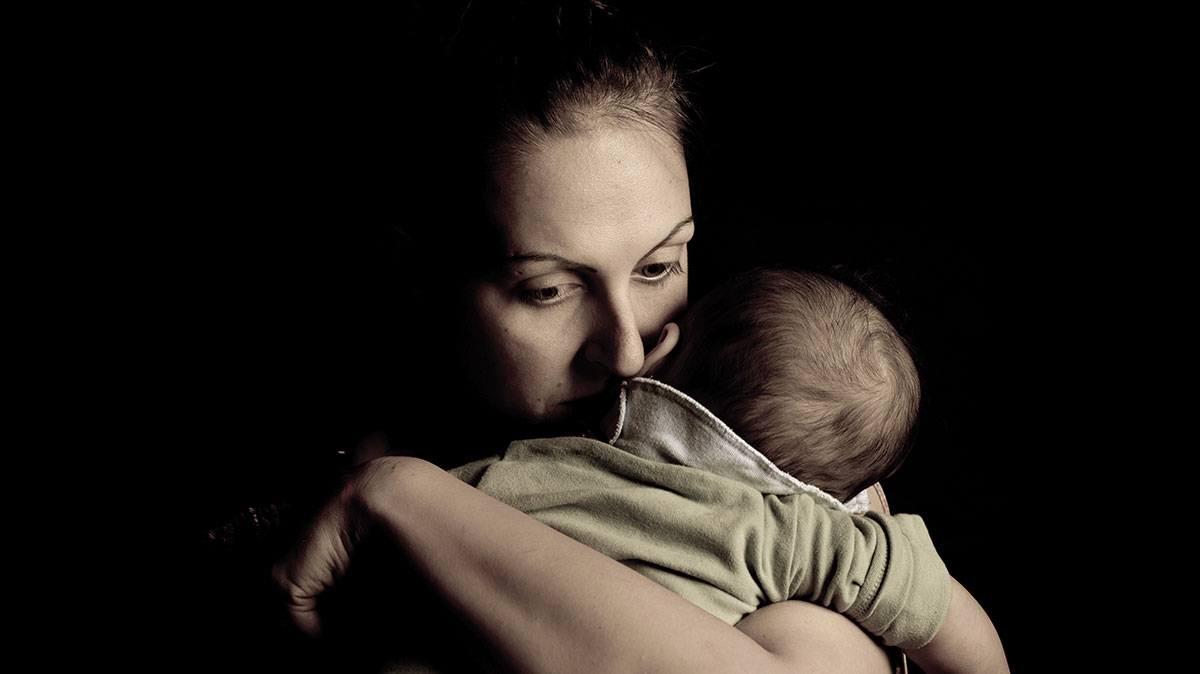Snow
1.
'Who
affirms that crystals are alive?'
I
affirm it, let who will deny:
Crystals
are engendered, wax and thrive,
Wane
and wither; I have seen them die.
Trust
me, masters, crystals have their day,
Eager
to attain the perfect norm,
Lit
with purpose, potent to display
Facet,
angle, colour, beauty, form.
2.
Water-crystals
need for flower and root
Sixty
clear degrees, no less, no more;
Snow,
so fickle, still in this acute
Angle
thinks, and learns no other lore:
Such
its life, and such its pleasure is,
Such
its art and traffic, such its gain,
Evermore
in new conjunctions this
Admirable
angle to maintain.
Crystalcraft
in every flower and flake
Snow
exhibits, of the welkin free:
Crystalline
are crystals for the sake,
All
and singular, of crystalry.
Yet
does every crystal of the snow
Individualize,
a seedling sown
Broadcast,
but instinct with power to grow
Beautiful
in beauty of its own.
Every
flake with all its prongs and dints
Burns
ecstatic as a new-lit star:
Men
are not more diverse, finger prints
More
dissimilar than snow-flakes are.
Worlds
of men and snow endure, increase,
Woven
of power and passion to defy
Time
and travail: only races cease,
Individual
men and crystals die.

3.
Jewelled
shapes of snow whose feathery showers,
Fallen
or falling wither at a breath,
All
are afraid are they, and loth as flowers
Beasts
and men tread the way to death.
Once
I saw it upon an object-glass,
Martyred
underneath a microscope,
One
elaborate snow-flake slowly pass,
Dying
hard, beyond the reach of hope.
Still
from shape to shape the crystal changed,
Writhing
in its agony; and still,
Less
and less elaborate, arranged
Potently
the angle of its will.
Tortured
to a simple final form,
Angles
six and six divergent beams,
Lo,
in death it touched the perfect norm
Verifying
all its crystal dreams!
4.
Such
the noble tragedy of one
Martyred
snow-flake. Who can tell the fate
Heinous
and uncouth of showers undone,
Fallen
in cities! -- showers that expiate
Errant
lives from polar worlds adrift
Where
the great millennial snows abide;
Castaways
from mountain-chains that lift
Snowy
summits in perennial pride;
Nomad
snows, or snows in evil day
Born
to urban ruin, to be tossed,
Trampled,
shovelled, ploughed and swept away
Down
the seething sewers: all the frost
Flowers
of heaven melted up with lees,
Offal, excrement, but every flake
Showing
to the last in fixed degrees
Perfect
crystals for the crystal's sake.
5.
Usefulness
of snow is but a chance
Here
in temperate climes with winter sent,
Sheltering
earth's prolonged hibernal trance:
All
utility is accident.
Sixty
clear degrees the joyful snow,
Practising
economy of means,
Fashions
endless beauty in, and so
Glorifies
the universe with scenes
Arctic
and antarctic: stainless shrouds,
Peaks
in every land among the clouds
Crowned
with snows to catch the morning's fire.
John Davidson
"Lit with purpose, potent to display/Facet, angle, colour, beauty, form."
Is a snowflake alive? The answer seems obvious until I read this poem. When Davidson records their beginning through to their end, there are so many parallels to our individual lives, it's undeniable. And, of course, it works the opposite way too. Our lives are very much like the snowflake's. We are fragile, "wither at a breath", we too are "lit with purpose", and cringe under a microscope.
I also like how he describes -
"a seedling sown/Broadcast,
but instinct with power to grow/Beautiful
in beauty of its own." - which is the same macro/micro theme that we use when speaking of humanity and the individual. How he portrays the death of one snowflake under a microscope and moves to the masses, the blizzards of crystal-work that have passed before our eyes - "Such
the noble tragedy of one/Martyred
snow-flake. Who can tell the fate/Heinous
and uncouth of showers undone/,Fallen
in cities! -- showers that expiate/Errant
lives from polar worlds adrift
Where
the great millennial snows abide;/Castaways
from mountain-chains..." So interesting. Looking at history we see the correlation. Groups of people, nations, growing, spreading "broadcast" across the land, these also hold ground for a while and then fail.
Rather beautiful, if you ask me. You might say "How homo-centric!" Quite true. I'm human, and I cannot see through other-than-human-eyes. It's a limited point of view, but it doesn't lack for beauty and insight. Thinking, examining, appreciating the world around me, seeing how I am like the snow - it's not a trivial thing. It helps me endure, sometimes it enlightens. It reveals the patterns we are all a part of.
"Worlds
of men and snow endure, increase,
Woven
of power and passion to defy
Time
and travail: only races cease,
Individual
men and crystals die."




